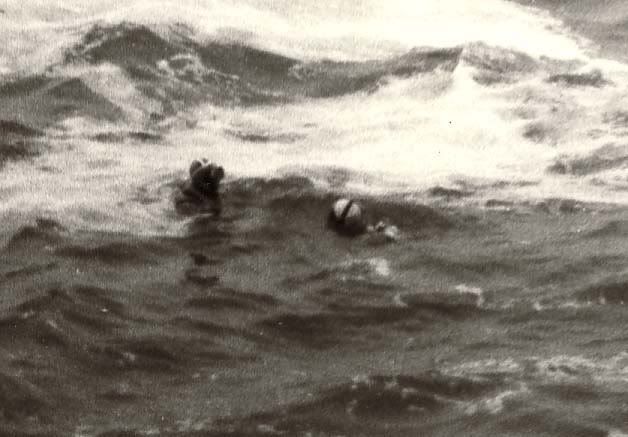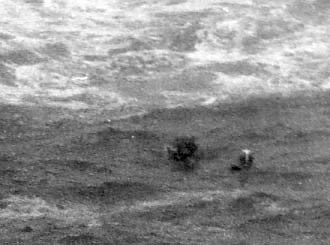dumpsterDiver
Banned
- Messages
- 9,003
- Reaction score
- 4,662
- # of dives
- 2500 - 4999
Yup, and this is the point that I was trying to make... I think that a new diver might take away from this thread that since there was a logical way to complete the dive given this equipment failure (albeit by a skilled and experienced diver), that calling off the dive would be wrong, that it would be an admission of poor diving skills.
Judging from the pushback that I got here, I can certainly see a new diver looking at this thread, and finding themselves in a similar situation feeling a lot of pressure just to work it through and figure out how to complete the dive safely. Which might be fine, or it might not if something else went wrong (cramping, etc..). I'm not saying that we should never try to fix things underwater, or never try to work out backup plans - to the contrary, new divers like the rest of us should be encouraged to think things through, hopefully before an emergency happens. But they should also not feel that calling off a dive when a piece of equipment fails is a mark of weakness.
FWIW, I don't think that my instinct to call the dive in these circumstances is quite as off-base as it has been depicted here - I ran this scenario by a friend at a dive club meeting last night who is an instructor on multiple rebreathers and he felt that it was reasonable to call the dive as well.
Please understand that his opinion or my opinion does not mean that the OP or any of the other divers here are wrong, arrogant or foolhardy, but it does mean that there are reasonable and different opinions about how to handle this situation, and I didn't want the thread to be archived here without the other point of view.
OK, I agree that overweighted has intent implications that negatively buoyant does not, but I think that we have already identified that terminology issue.
I do think that you should be able to swim your rig to the surface in case of failure of your primary and secondary flotation devices (wing and dry suit). I agree with the GUE guideline: "The diver should be able to drop unnecessary weight and swim up without a functioning BC. As with all diving, the key component to proper buoyancy is diving with a properly balanced rig."
I didn't say anything about an arbitrary amount of lead implying overweighting (hard hat divers carry a lot more then 10 lbs and are correctly weighted).
Sorry to frustrate you. I'm not a tech diver but I dive regularly off the NYC area dive boats in cold water.
I agree with you and said twice in previous posts that it would have been prrudent to abort the dive when the BC failed. I certainly would not have STARTED the dive if the failure was discovered (say by a good equipment check on the boat).
These types of discussions are probably useful if they simply make people think: what would I do. The whole idea of spearfishing solo, in cold water, with sharks in rough water and currents is NOT "safe" and is not attractive for most people. I was serious when I said the battle with the jewfish was the most dangerous part of that particular dive.






